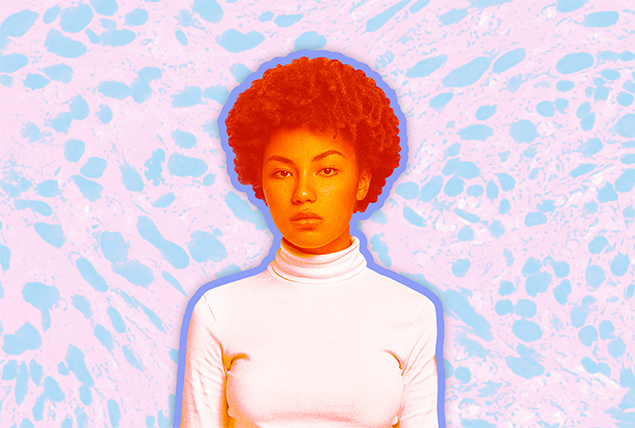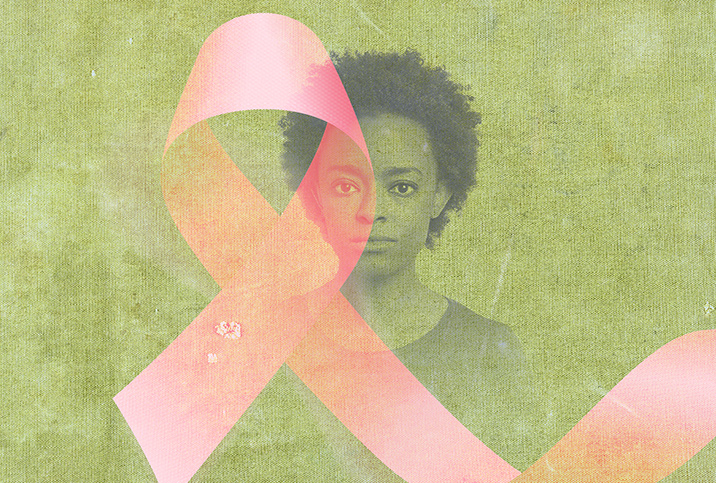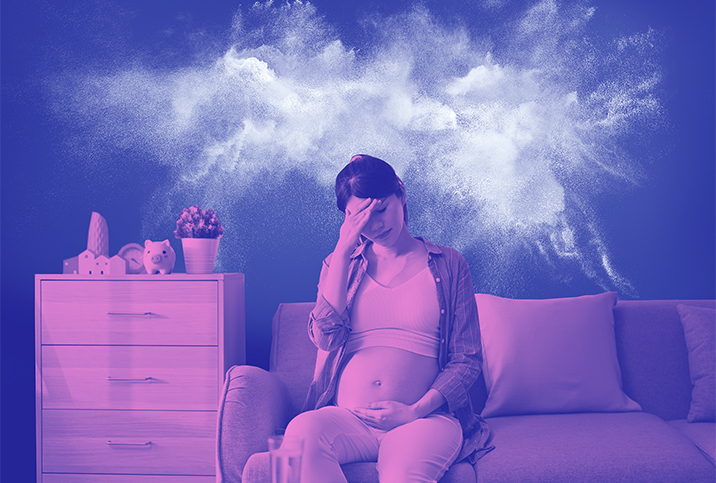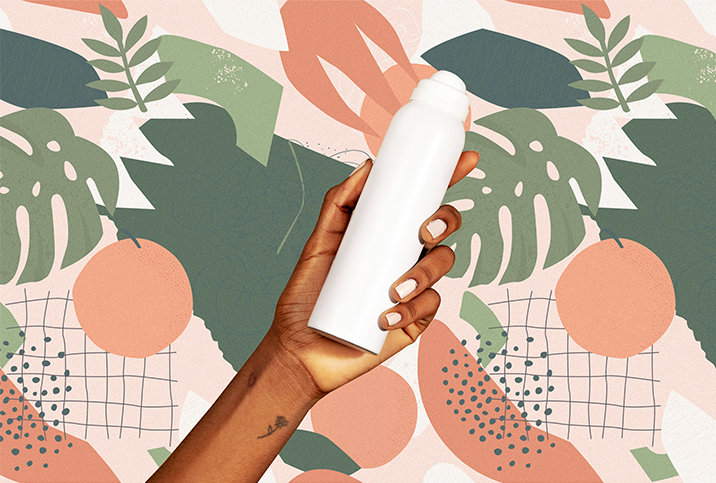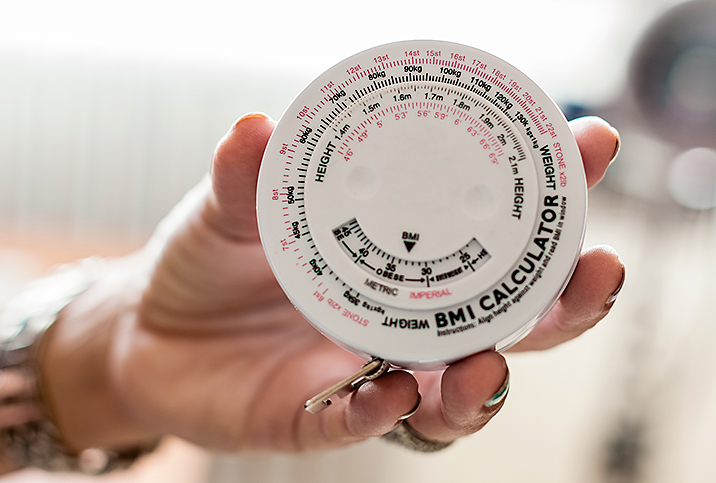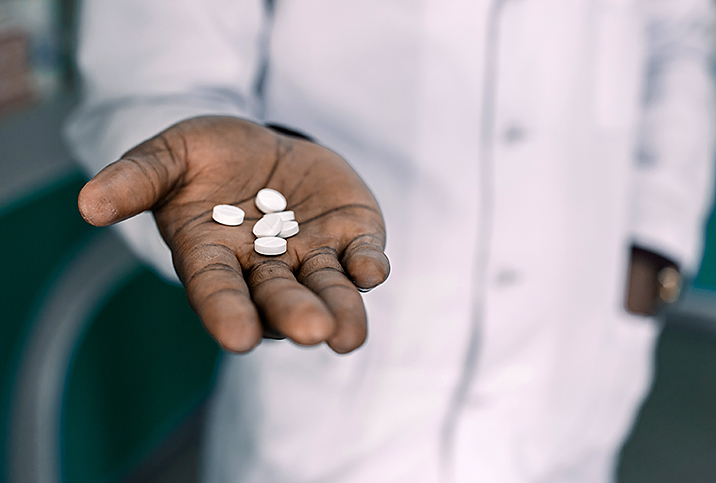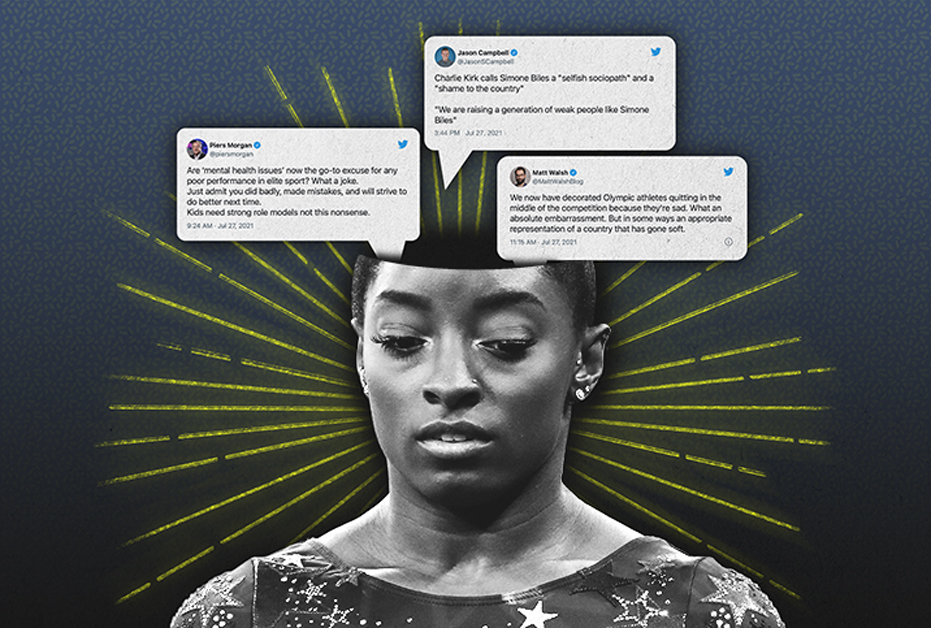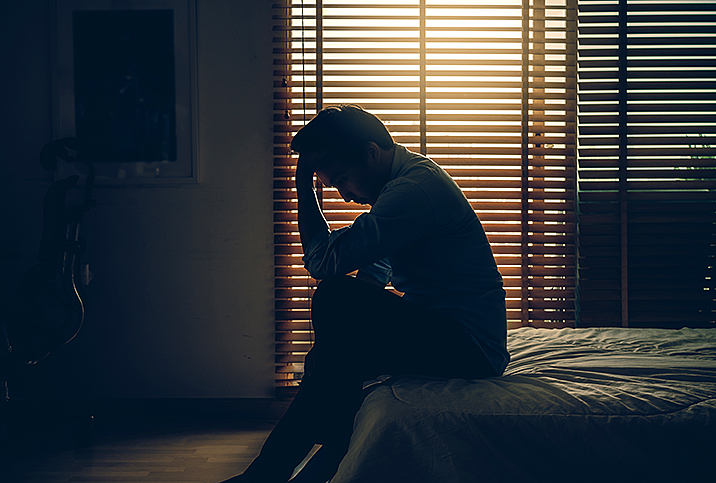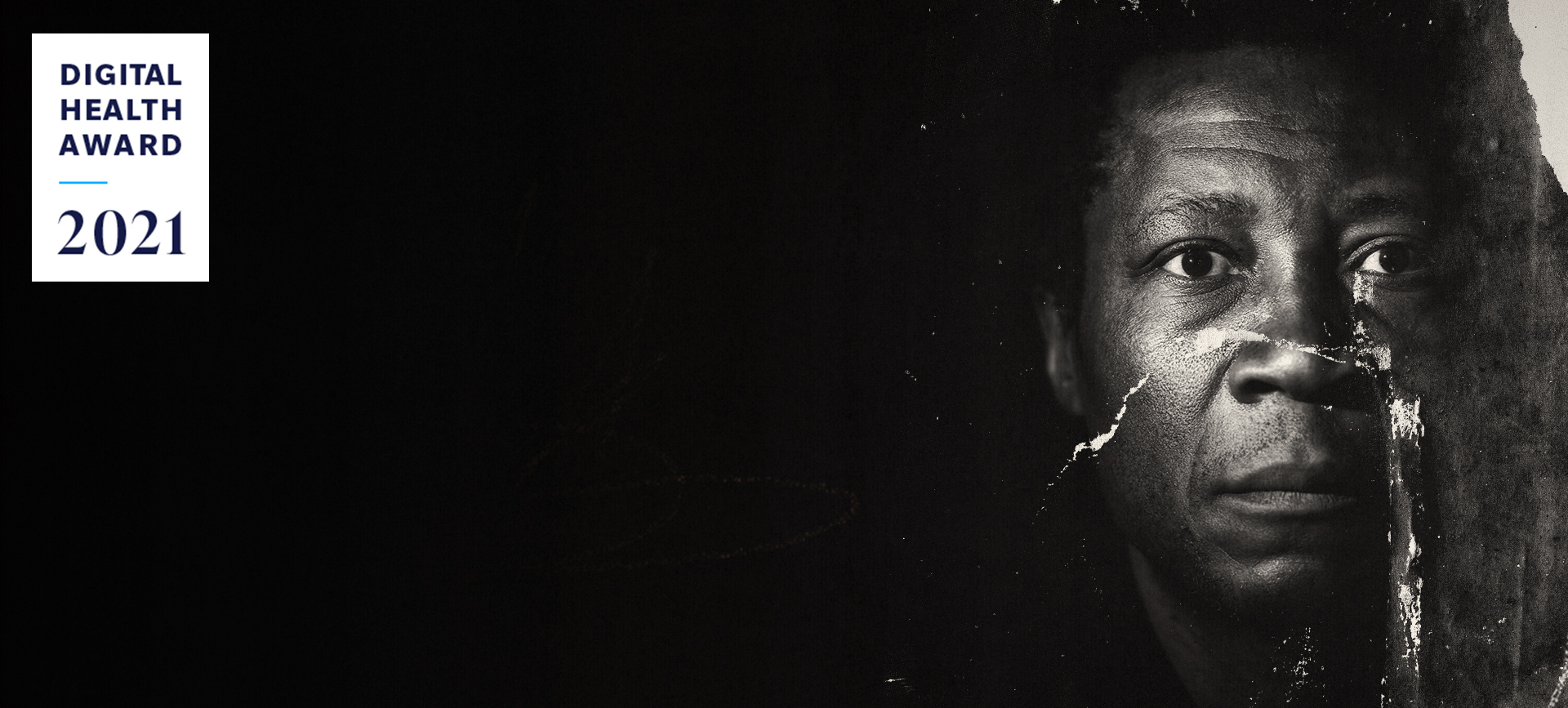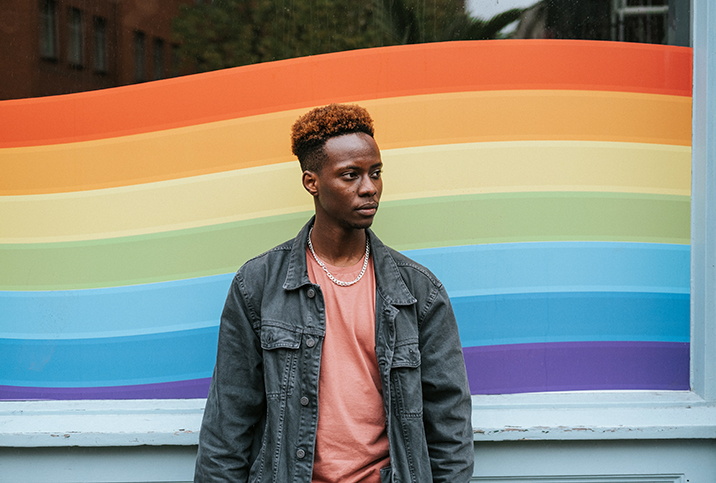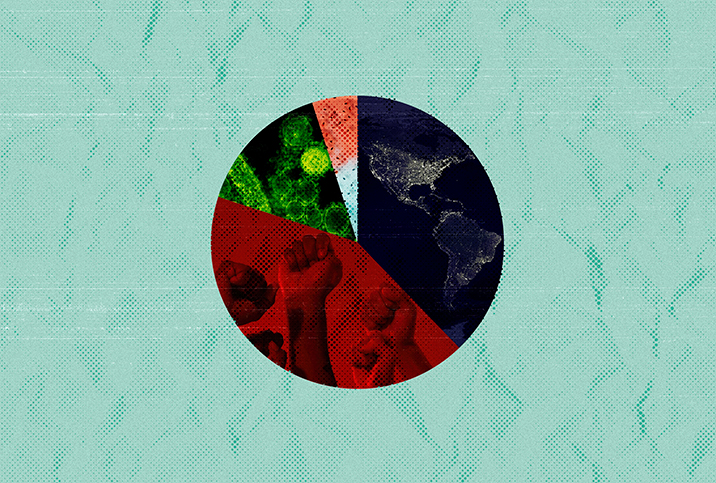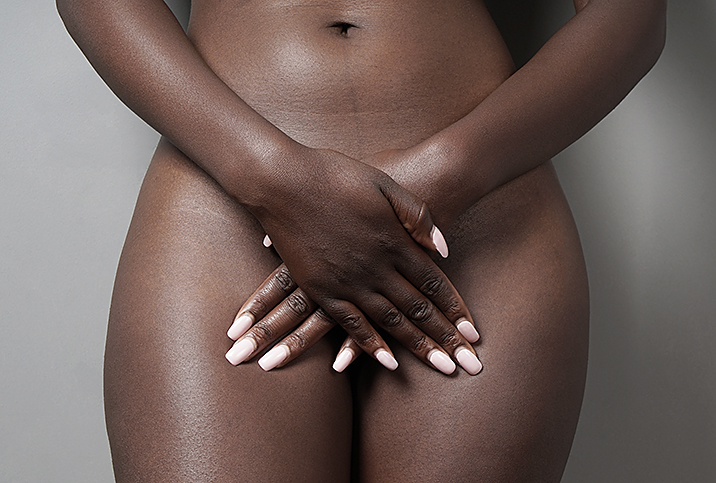Research findings could lead to a more personalized alternative treatment for prostate cancer.
By Kate Daniel
A new study highlights growing health disparities among pregnant American women.
By Lauren Dodd
These noncancerous growths can be painful. Why do they affect some people more?
By Sarah Harris
Black women are less likely to receive the recommended standard of treatment, researchers say.
White males have the highest rates of the disease, likely due to a combination of factors.
With a higher mortality risk, Black women need greater participation in research.
By Xenia E.
Fine particulate matter caused 5.9 million premature births in 2019, a recent study reports.
Our scalps and locks take a beating every day, but there are ways to keep them healthy.
In reality, the movement obeys U.S. beauty standards, and self-love is often one size fits all.
A community unrepresented in the billion-dollar industry stakes its claim.
By Paul Schrodt
The BMI has been a key measure of public health for decades, but many say it's ineffective.
By Kate Daniel
Despite identical symptoms, Black patients often receive higher doses than white counterparts.
By Fjolla Arifi
An insulin-like growth factor may encourage the rate of spontaneous twinning in tall women.
Without basic healthcare, women face higher mortality rates and other serious consequences.
By Xenia E.
Even with state-mandated screening, women in low socioeconomic areas may face hurdles.
For her second home birth, the actor prioritized self-advocacy and comfort.
By Giddy Staff
It's all good when celebs support a cause, but it shouldn't be all about them.
An analysis of nearly 200,000 men could lead to improvements in screening and prevention.
Not all stigmatization is discrimination, but the connection is clear.
Groundbreaking research reveals how genetics and socioeconomics affect survival for Black men.
Despite some progress, discrimination continues to play out in sexual healthcare.
By Jake Hall
Black men are at a higher risk for the deadly disease—and location matters, too.
Standing up for yourself in a clinic is intimidating, but it may save your life.
By Rachel Crowe
After pandemic life and escalations in racial violence, coping becomes a survival strategy.
By Rui Hua
When medical care is inaccessible—or not trustworthy—self-diagnosis can be empowering.
By Rui Hua
Understanding race, ethnicity, gender and more is important for your mental and physical health.
Many BIPOC face an ongoing struggle to get diagnosed.
By Kai C.








